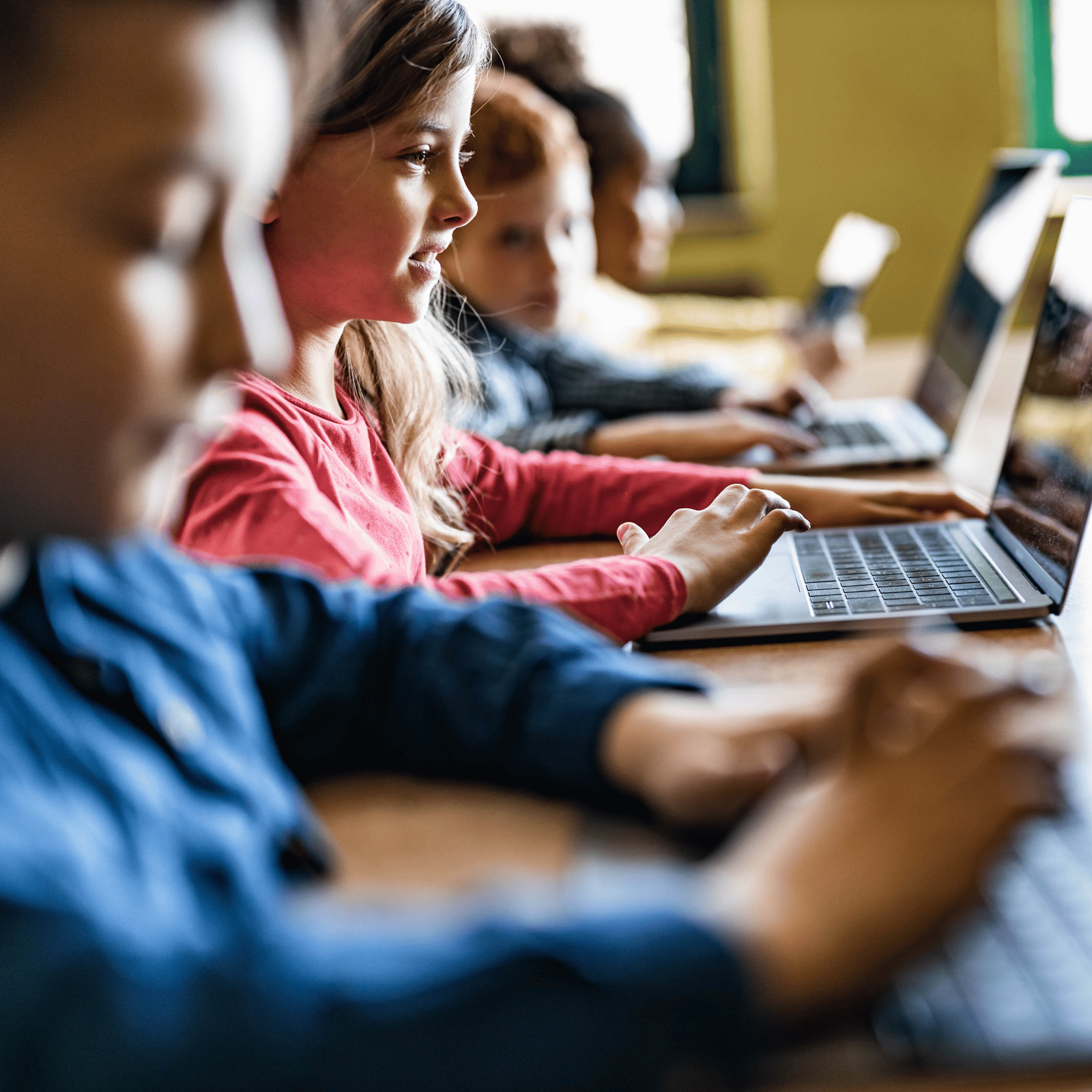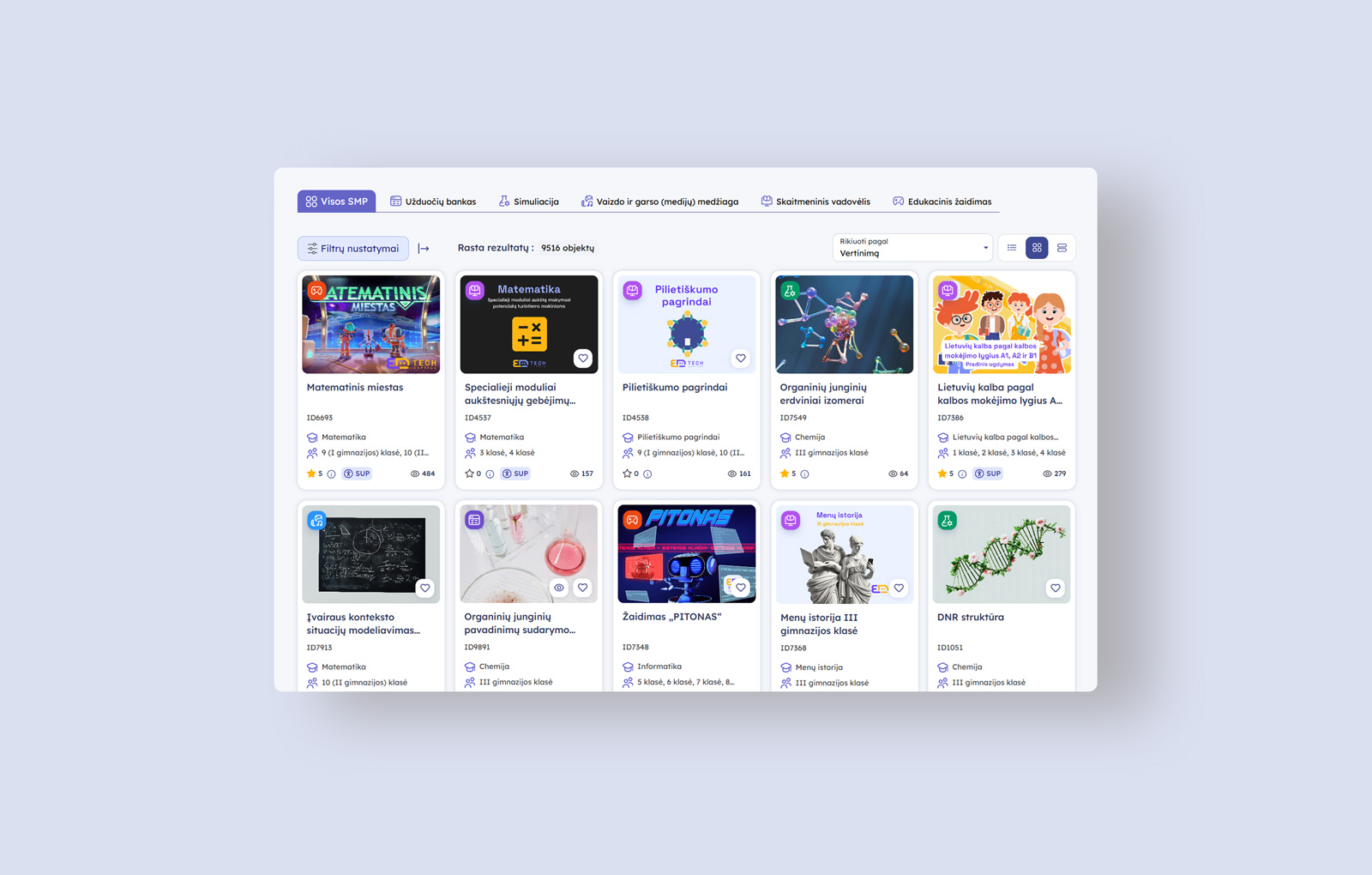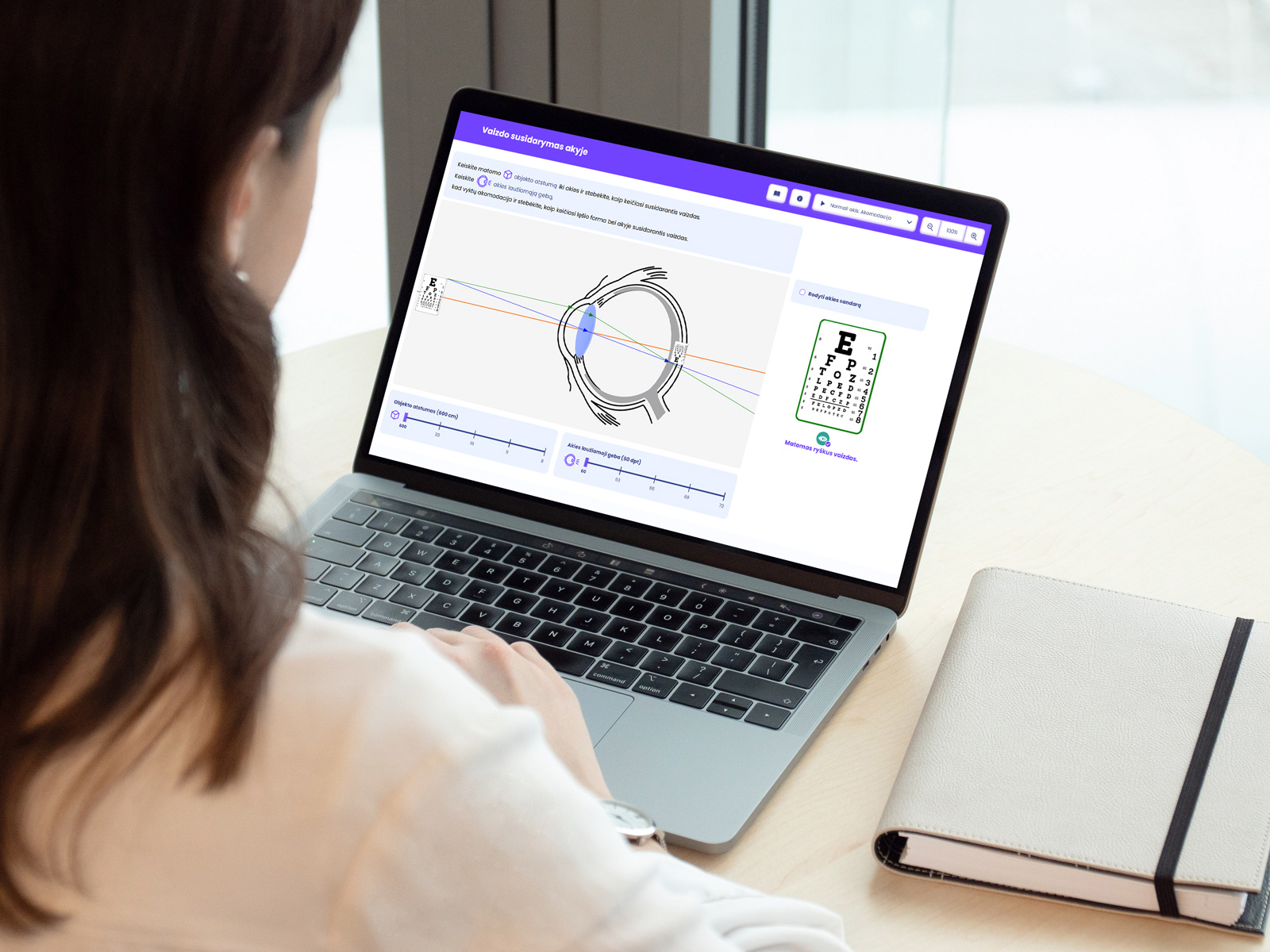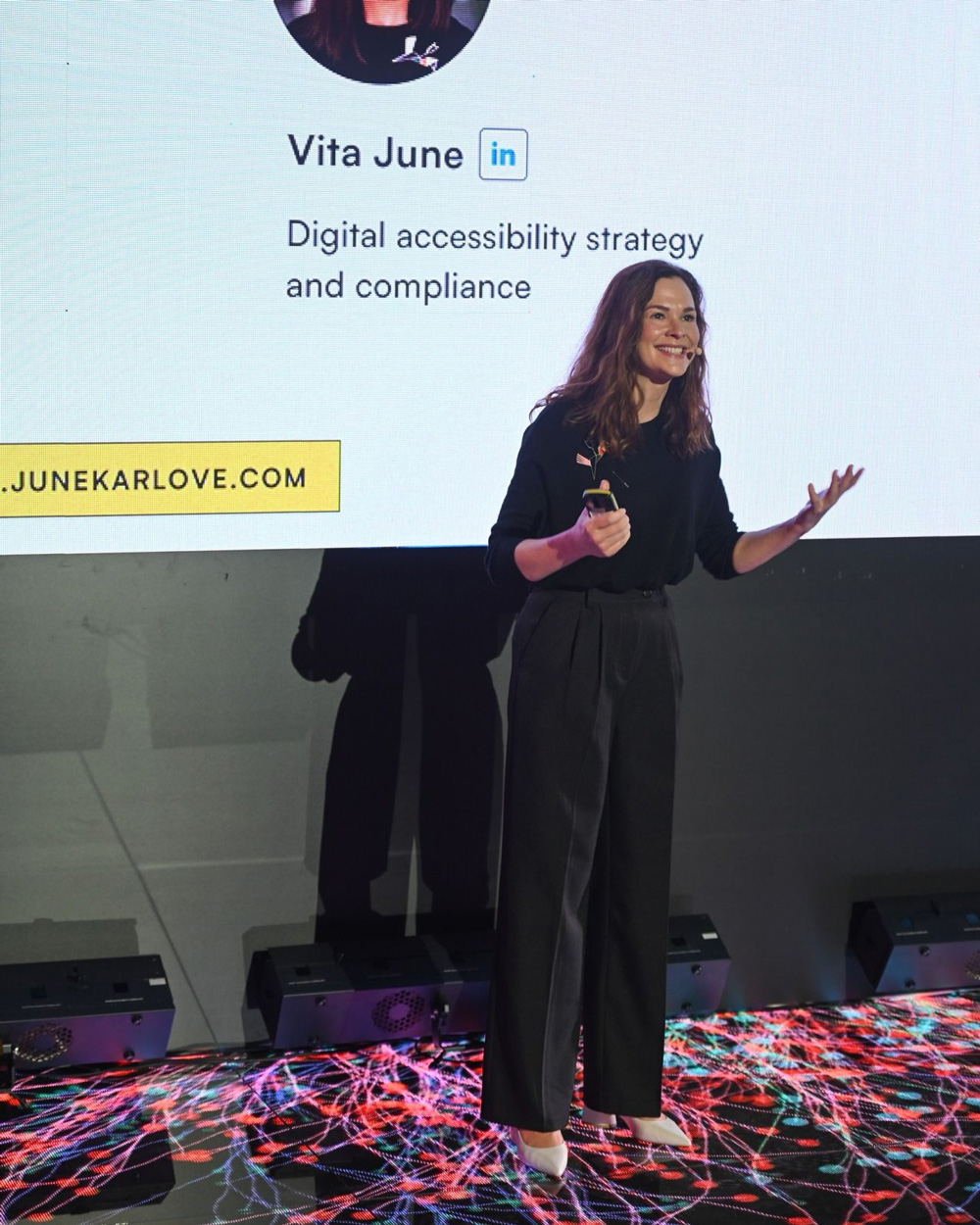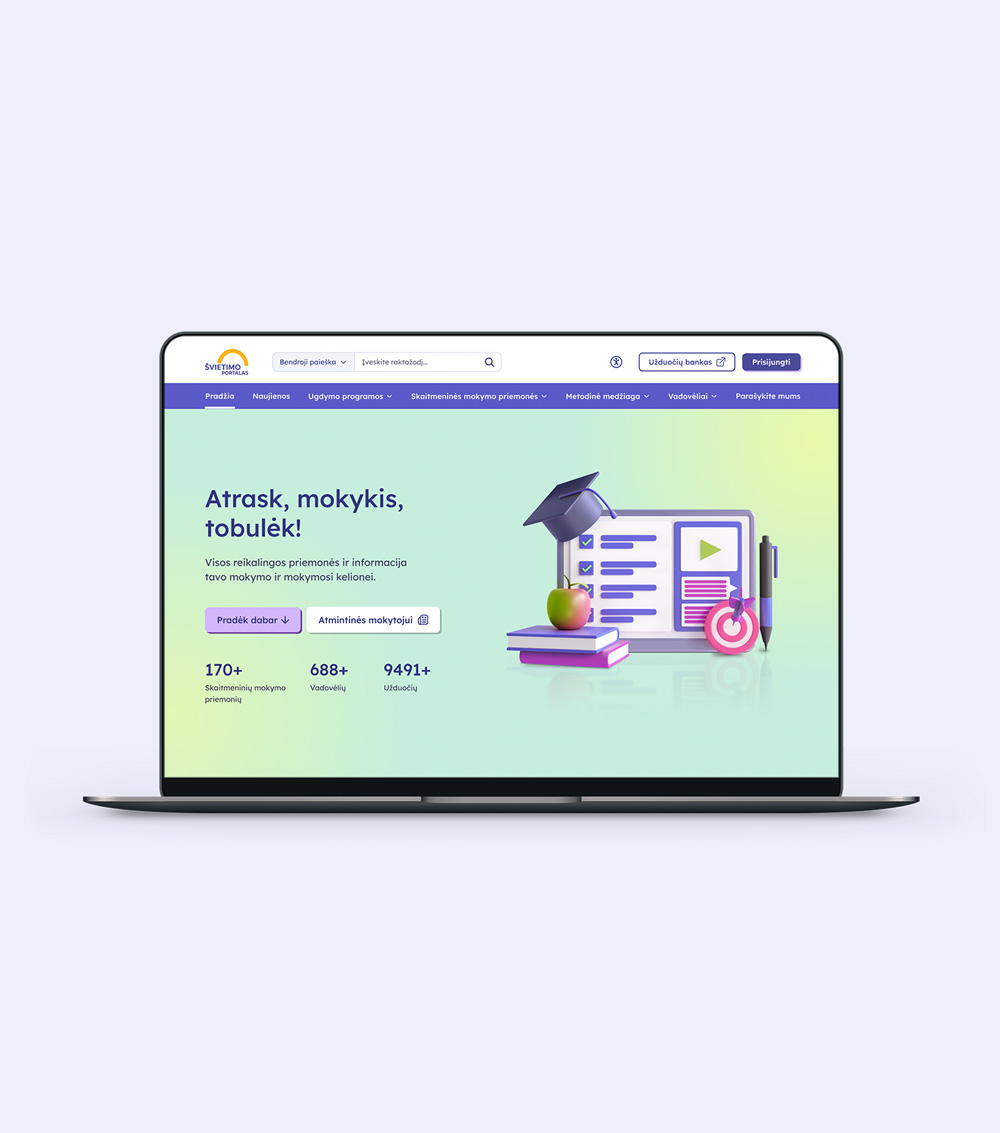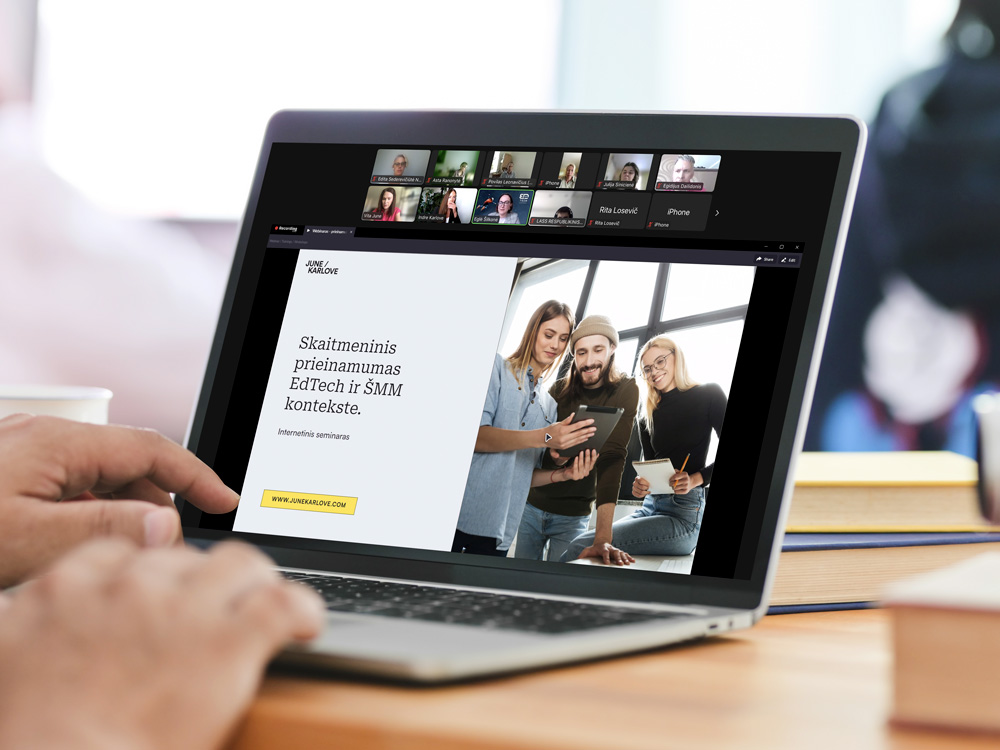Advancing accessibility in Lithuania’s digital education ecosystem
The Lithuanian National Agency for Education (Nacionalinė švietimo agentūra, NŠA) is a public body operating under the Ministry of Education, Science and Sport of the Republic of Lithuania. To drive innovation in schools nationwide, NŠA launched the Digital Transformation of Education (EdTech) project, with a mission to equip schools with modern digital technologies that make learning more engaging, flexible, and future-ready.
To ensure this investment in innovation was also an investment in inclusion, NŠA engaged us as an independent third party to evaluate a selection of newly developed Digital Learning Tools against the Web Content Accessibility Guidelines (WCAG 2.1).
The SMP initiative
One key strand of the EdTech project was the creation of Digital Learning Tools (Skaitmeninės mokymo priemonės, SMP). These included interactive models (simulations), educational games, media (audio and video), and digital textbooks — often blending content with tasks to encourage active learning.
Developed by multiple independent providers, the tools are gradually being brought together under the SMP platform, a new module within Emokykla.lt designed to host interactive educational content.
The challenge ahead
While the requirements for SMP creation included WCAG 2.1 compliance, ensuring this standard was met consistently across dozens of tools and providers proved complex. Each company had its own design and development practices, leading to differences in how accessibility was understood and applied.
The agency therefore needed an independent third party to assess whether accessibility was being implemented in practice — but in a way that encouraged improvement rather than acting as a barrier to progress. Crucially, the evaluation had to take place mid-development, so that issues could be corrected immediately without slowing the wider EdTech project.
How we approached it
We joined the process while tools were still being built. This allowed us to act as both evaluators and partners, creating a live feedback loop between testing and development.
- We reviewed a representative set of tools — from interactive models (simulations) and educational games to digital textbooks and media players — using manual and automated testing.
- For each barrier, we provided clear explanations of the issue, the WCAG reference, and the real impact on learners.
- We gave practical, prioritised recommendations that enabled teams to fix high-impact issues first.
- Through direct consultations, we guided provider teams through the finding and complex requirements, ensuring solutions were understood and feasible in their chosen technologies.
This collaborative approach meant accessibility wasn’t a box to tick at the end, but a principle integrated during development.
What changed
Our involvement led to tangible improvements — not only in the tools themselves, but also in the knowledge and confidence of the teams building them:
- Tools were corrected for accessibility before launch, making them more inclusive from day one.
- Providers gained practical experience applying WCAG in real projects, strengthening future capacity.
- The agency gained confidence that accessibility requirements were not only written into contracts but delivered in practice.
- Students benefit from digital learning tools that are more usable, engaging, and accessible to all.
What began as an evaluation grew into a capacity-building process for Lithuania’s EdTech ecosystem, ensuring that digital transformation advances with inclusion at its core.


